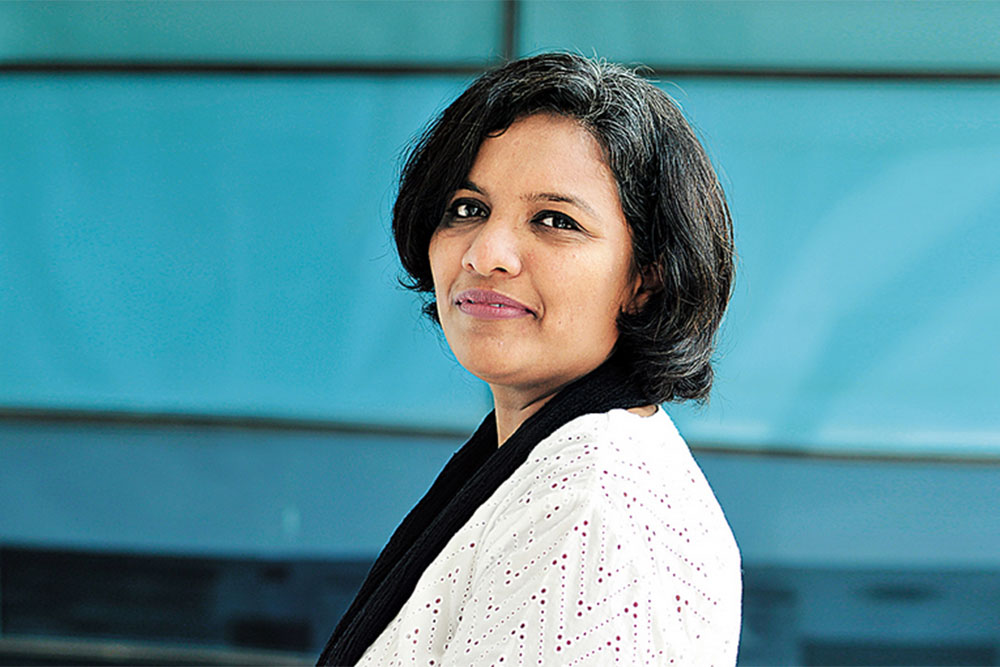It’s amazing how more than 40,000 people land up from all over the world in Omaha, Nebraska, for the Berkshire Hathaway Annual Meeting weekend. Even after the live streaming of the event since two years ago, the crowd does not seem to diminish.
Why do people worship Warren Buffett the way they do? There are investors for whom Berkshire has created unimaginable wealth, so their attachment is totally understandable. There are others who enjoy the banter between Warren and Charlie and want to soak it in live until it lasts, but a majority of those who attend regularly, do so to network and connect with “like-minded” folk.
The irony is, this is probably not in the spirit of what Buffett himself has practiced — which is to keep to oneself (and a trusted partner) and stay away from the crowd.
Even as he generously shares his wisdom through his annual letter to shareholders and the Q&A, Buffett remains an enigma. His approach is far too difficult to decode and he never discusses his buying decisions in minutiae. While he is best known for buying consumer brands and companies with a distinct competitive advantage, he has from time to time done all kinds of stuff. Think about it — you would not imagine someone accustomed to high-quality companies buying into commodities, utilities or airlines — Buffett did that. You wouldn’t expect someone talking about the perils of leverage, to buy into junk bonds — he did exactly that in the 1990s. Then, you would not expect someone slamming derivatives as weapons of mass destruction to be betting against a currency or doing derivative trades — he made a $20 billion bet against the dollar in 2006.
Moral of the story: trying to fathom what Buffett does is really not as important as understanding why he is doing something when he is doing it. For instance, while there is no question about the importance of moat (never mind what Elon Musk said) in investing, what is of greater relevance to an investor today is how to think about competitive advantage in the context of, say, technology companies.
Anyone investing for the long haul can’t hope to do well by doing what Buffett has done, but by thinking how he thinks, learning how he learns, and then evolving the way he has. And central to Buffett's style is never say never, always keep your eyes and ears open to all opportunities, evaluating them continuously to see how they fit into your framework.











